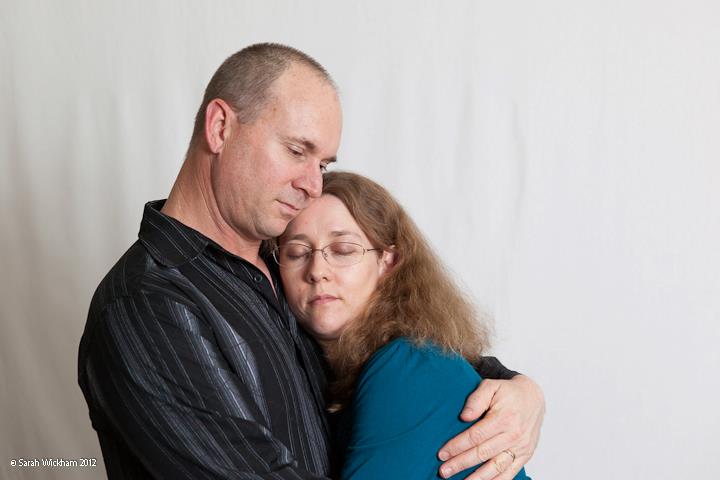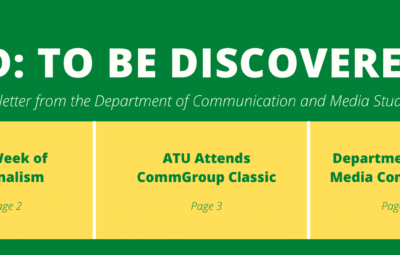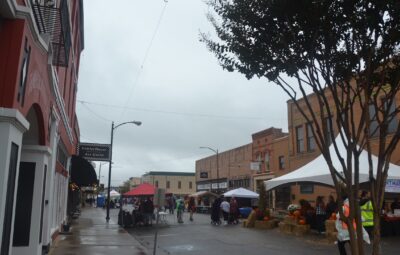“For my topic of study, women were so often silenced and Women’s History Month is an opportunity to share their stories from their own perspectives. Virginia Woolf said ‘For most of history, Anonymous was a woman.’ I want to make her not anonymous anymore.”
The administrative assistant for the Department of English and World Languages, Abigail Butler, received both of her degrees from ATU. After obtaining her undergraduate degree in hospitality administration in 2016, she realized that she wasn’t done yet with learning and pursued a master’s in history. She completed her degree and finished her thesis in 2020.
“My thesis is about infertility and the private grief many women associated with infertility and miscarriage in the nineteenth-century United States, as well as how their childlessness would have affected their social life and duties,” said Butler.
There is always a unique challenge that comes with an individual talking about issues that aren’t frequently covered, but that gives more reason to highlight these stories. Butler had ambitions to bring confidence to those wary voices of women globally through her study.
“When I spoke to people about my thesis topic they often cautiously asked ‘Is infertility something you’ve experienced?’ And it’s not, but it is something I watched my family members and friends struggle through. It was whispered in quiet moments and never spoken of again. I wanted to stop the silence surrounding the topic,” she said.
She outlined that a large part of her motivation came from “the fact that so many women don’t realize how common it is to be infertile or to miscarry. I read a book published just in 2019 about miscarriage in the nineteenth century that surmised that the majority of women who suffered miscarriages and wrote about it were relieved at not having another child but I knew that there had to be stories of women who never had children and longed for them. I wanted to find their stories and share them so that women today would recognize that they are not alone in their grief but sharing a part of a much larger story.”
Butler found that the more she became interested in the topic of infertility and women’s reproductive health, the more it naturally appeared in her environment.
“Before I started writing my thesis, I started to notice a trend on social media with women who had suffered miscarriages beginning to open up about their experiences and using the hashtag #ihadamiscarriage. The topic, along with infertility, also began showing up in novels I was reading and movies I was watching,” she said.
Butler continued in mentioning how “it seemed that suddenly, infertility was being mentioned in a more public atmosphere than ever before but it didn’t seem to actually be understood. Miscarriage happens in one of every four pregnancies. Not one in four women, but one in four pregnancies. One in five women struggles to conceive. These are extremely common occurrences that women feel shamed into hiding and end up blaming themselves.”
Learning about this side of women’s history that is so underrepresented has personally impacted Butler. “By far, my favorite part was a research trip I took to Smith College in Northampton, Massachusetts, where I got to hold a nineteenth-century letter written by a woman named Lucretia Peabody Everett to her sister-in-law describing her most recent miscarriage and her growing disheartening at the possibility of never becoming a mother. The letter was marked ‘Private’ on the top and I felt so connected to her, like I was in on the secret she was sharing,” she said.
One of the biggest impacts that her research had on her was looking at “the statistics of black women compared to white women who suffer from miscarriages, infertility and childbirth complications is staggering and heartbreaking. Black women are 1.5 times more likely to experience infertility and three times more likely to die from childbirth and pregnancy complications. From the nineteenth century to now, myths are still spread about black women’s fertility and the systematic racism that is present in the medical field is heartbreaking.”
Throughout Women’s History Month, it is important to acknowledge the richness and depth of how much history there is, known and unknown. From the personal to the public, womanhood is such an incredible and trying experience that we should all be proud of.
On womanhood, Butler said, “I love all things girly. I love wearing dresses and planning elaborate parties. I just made my niece a set of Disney princess dresses.”
She sums it all up nicely by saying, “there’s just something magical about being a woman.”







